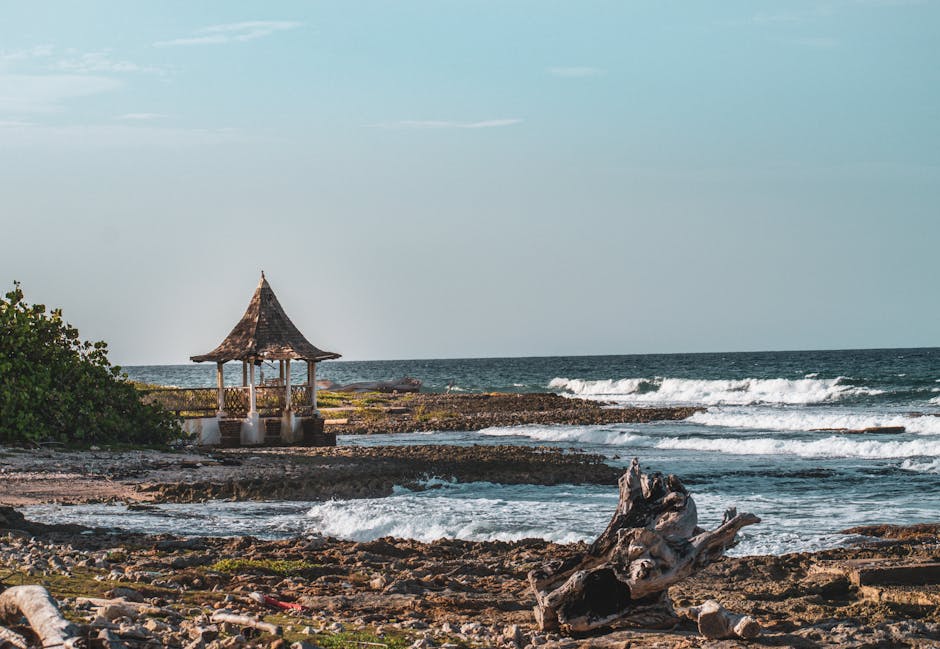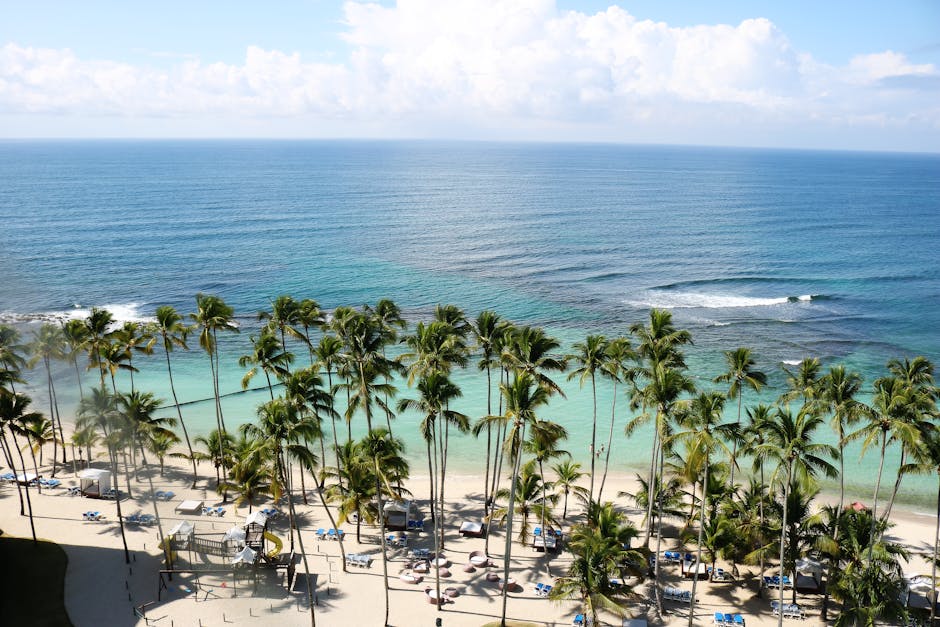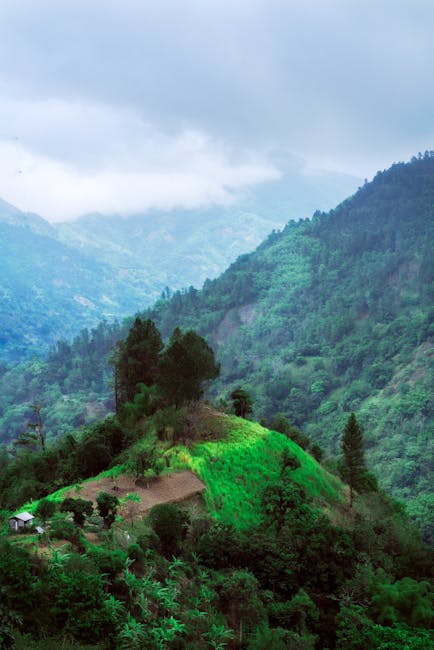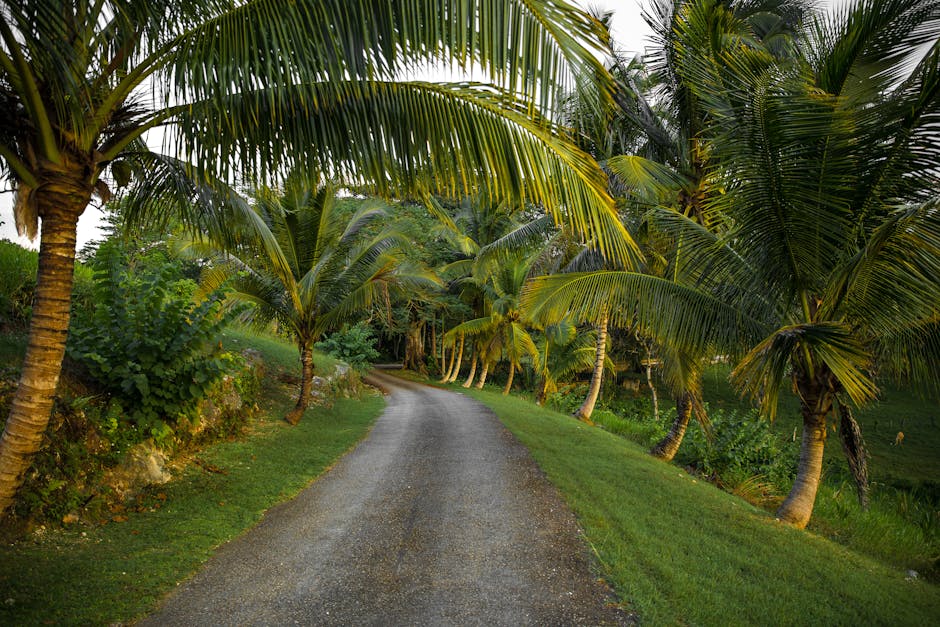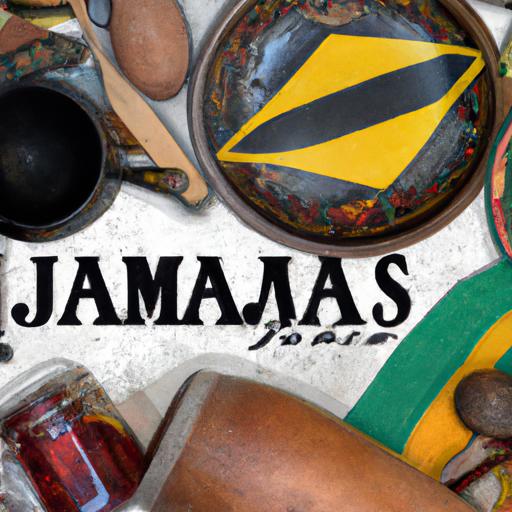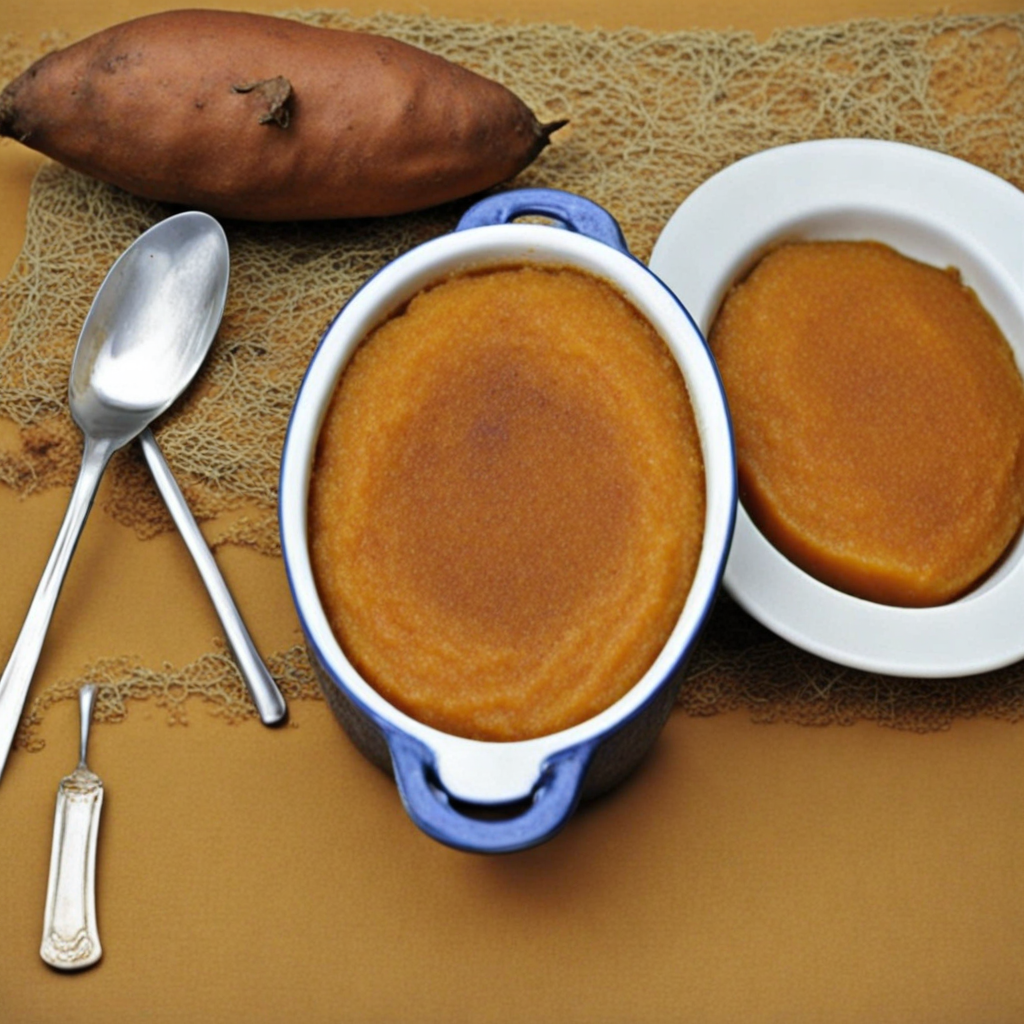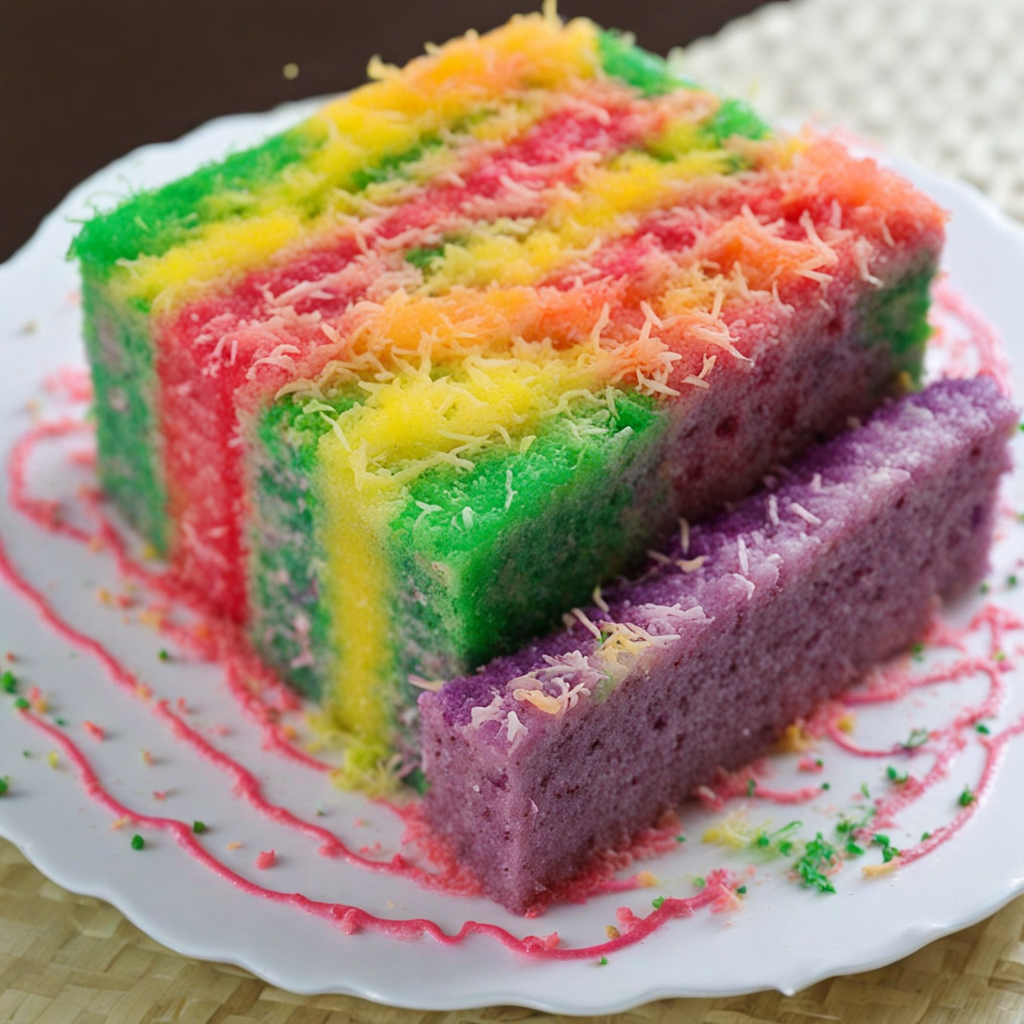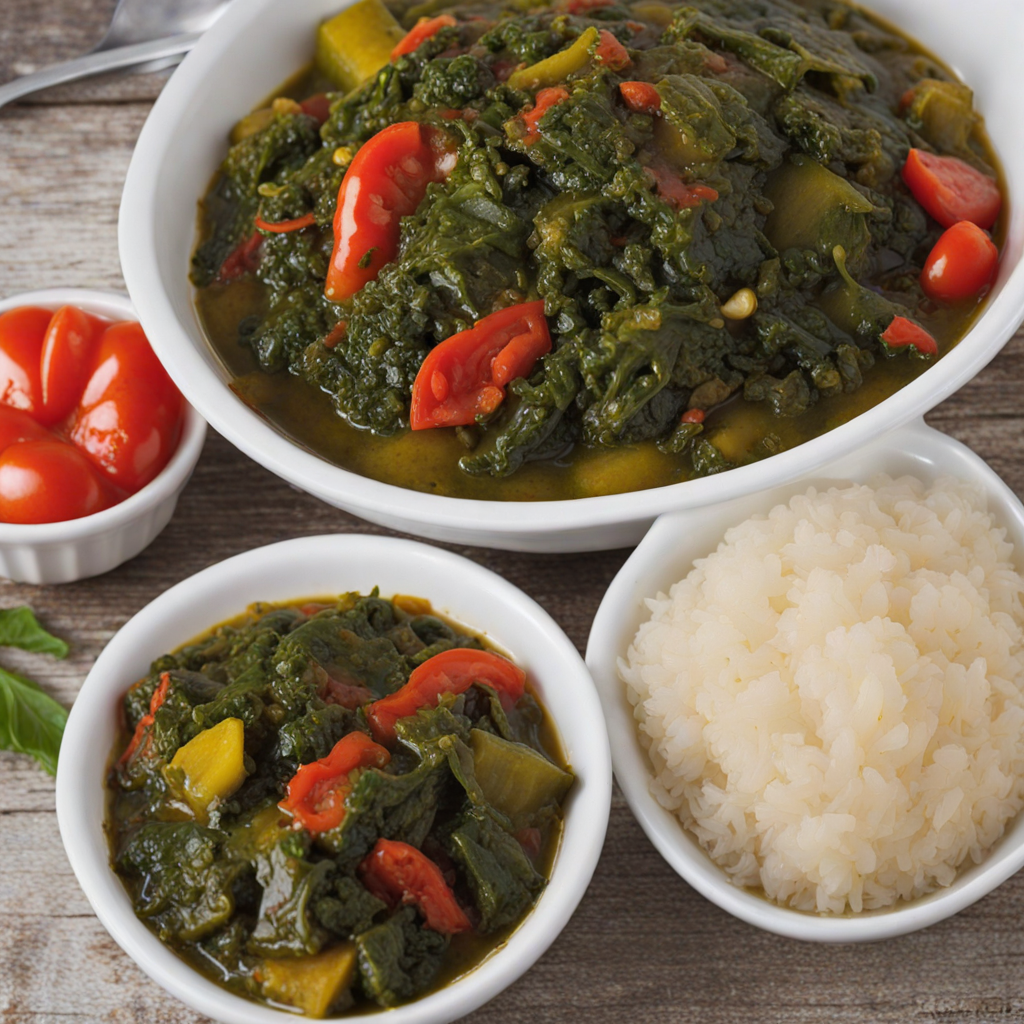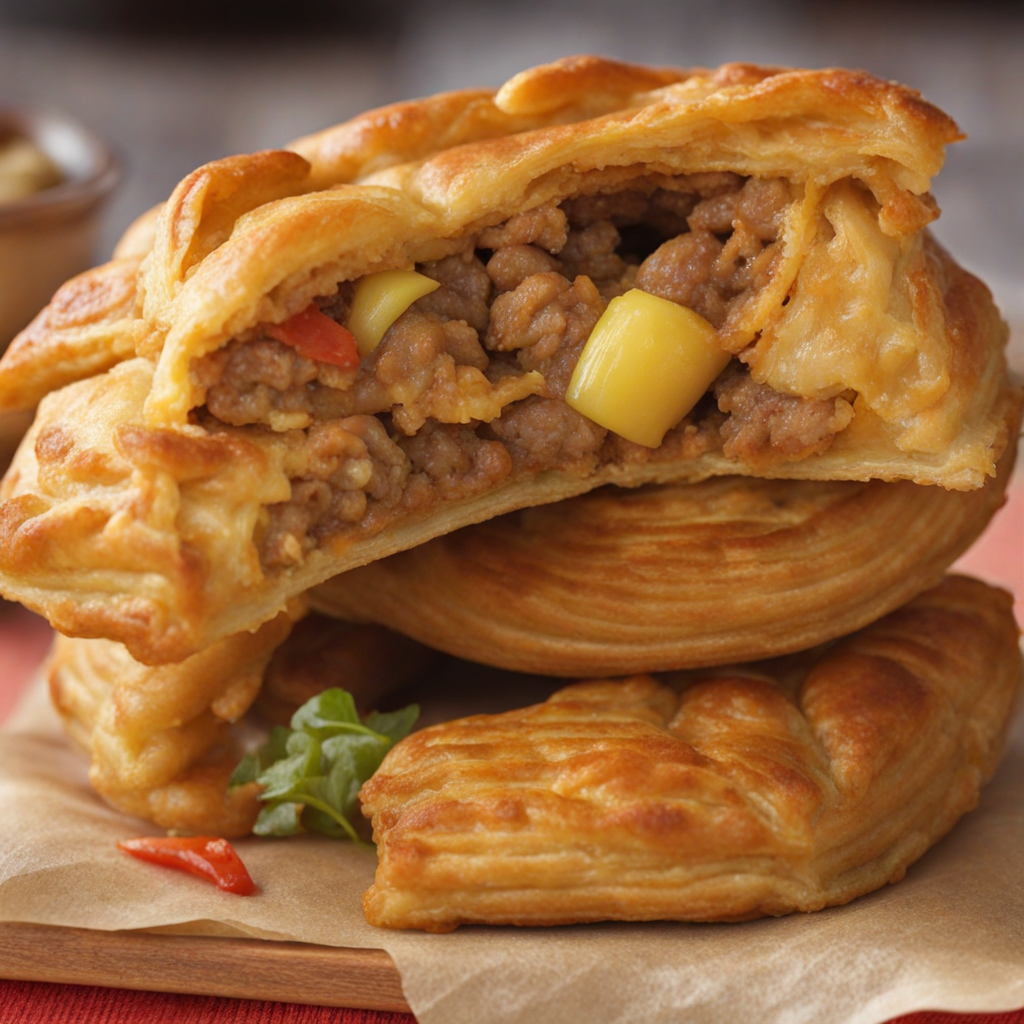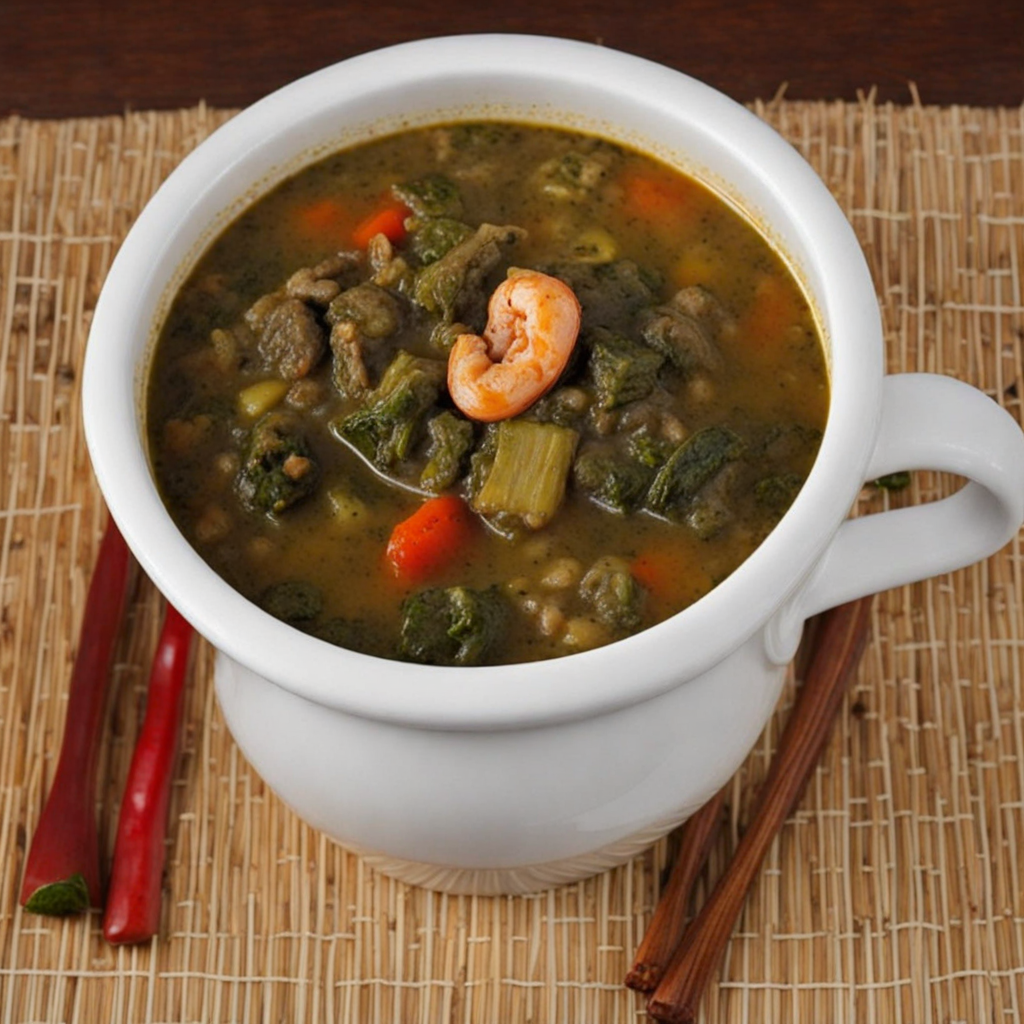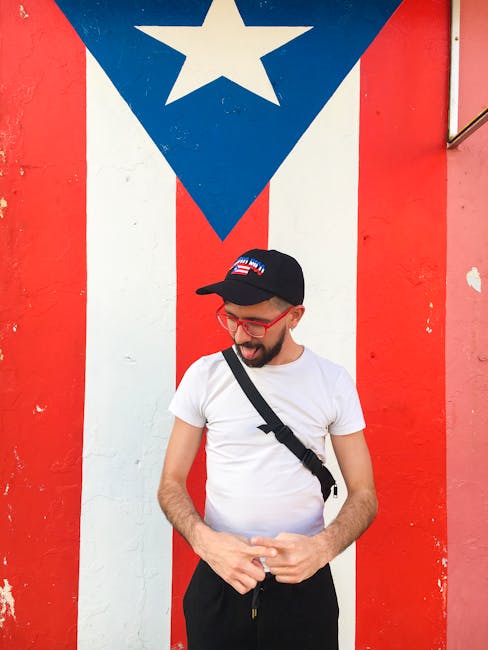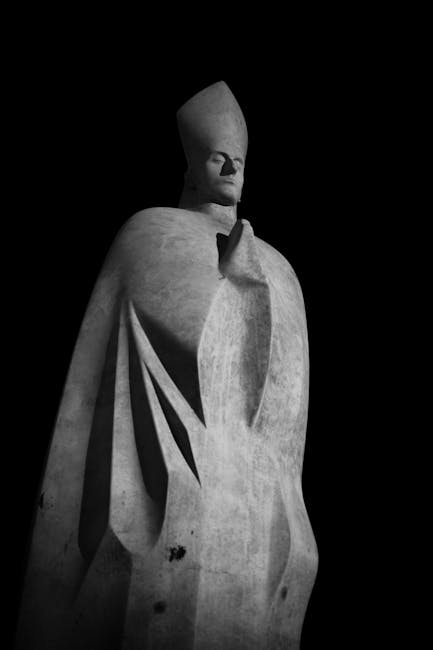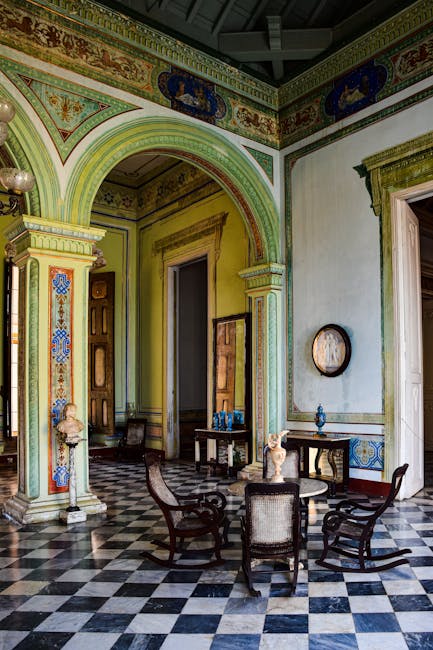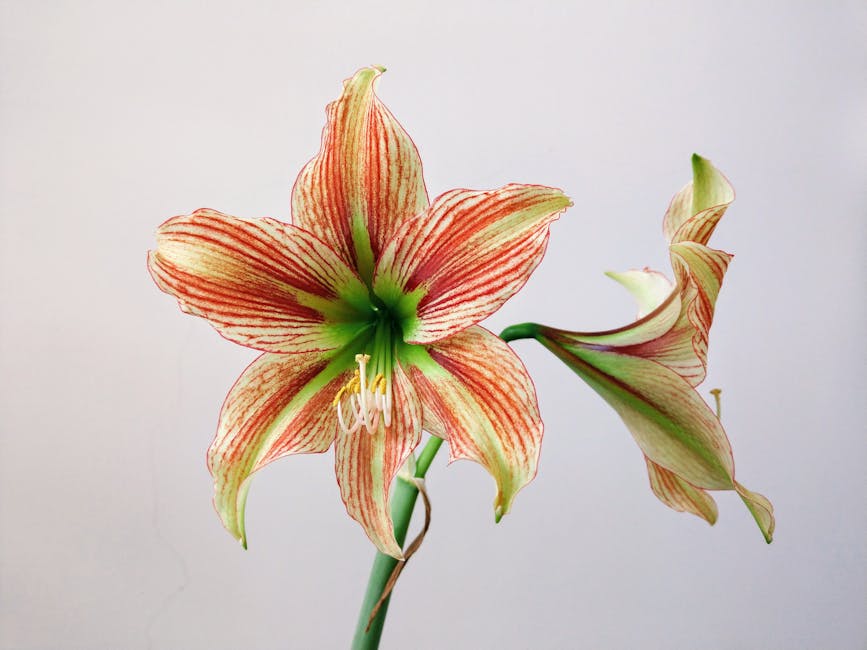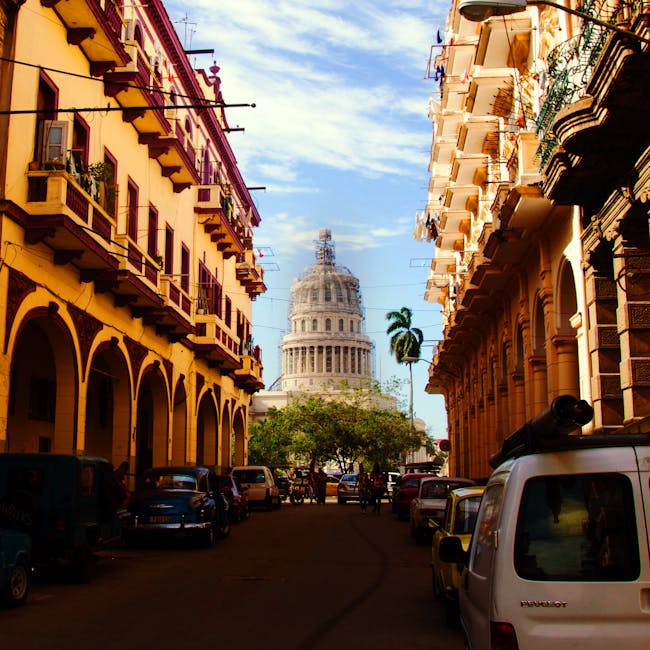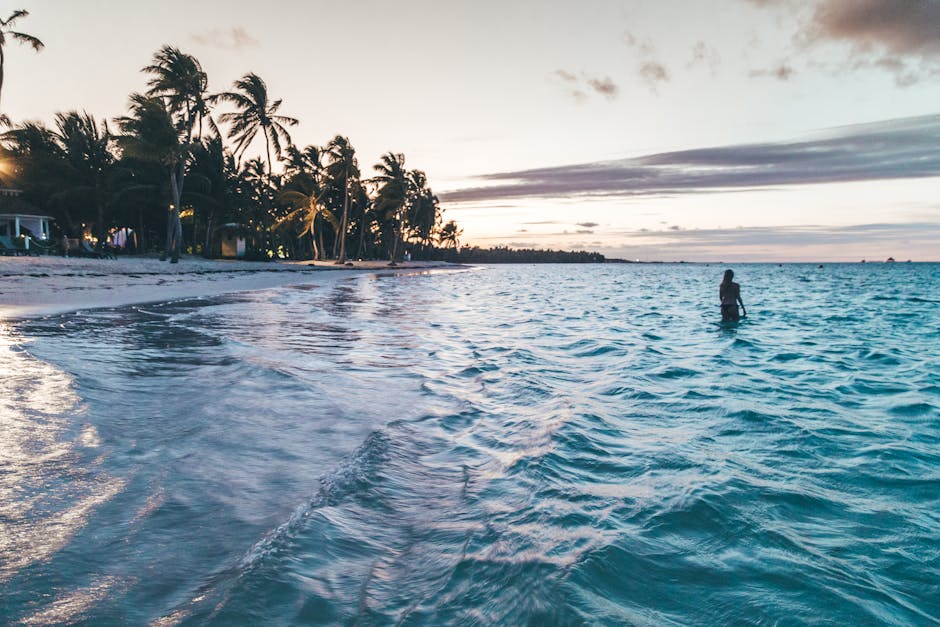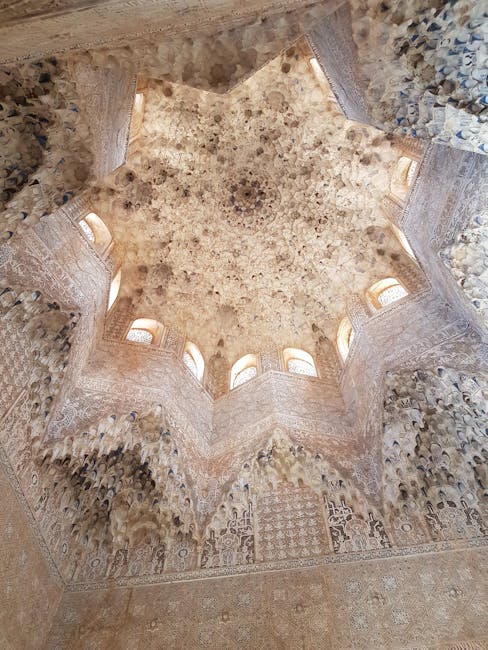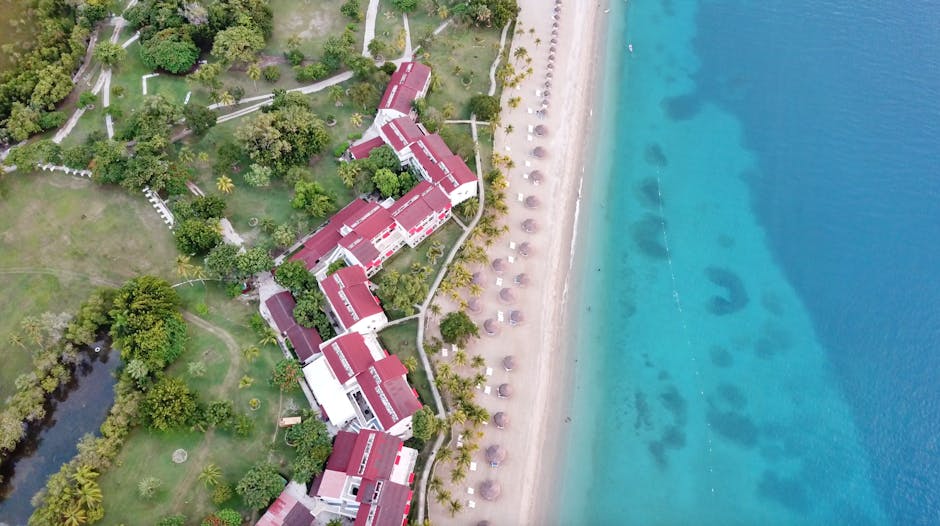Jamaica
Overview
Jamaica is a vibrant Caribbean island nation known for its lush topography of mountains, rainforests, and beautiful reef-lined beaches. The country is famous for its unique culture, influenced by a mix of African, Indian, Chinese, and British heritage. Jamaican music, particularly reggae, is world-renowned and is a significant part of the country's cultural identity. The island's cuisine, including jerk chicken, patties, and ackee and saltfish, also sets it apart. Jamaica is also the birthplace of the Rastafari movement, further contributing to its distinct cultural landscape.
The high season for tourism in Jamaica runs from December to April, during which the weather is warm and pleasant. The island experiences a tropical climate with coastal temperatures averaging 28°C (82°F). This time is perfect for indulging in various activities that Jamaica offers. The island's crystal-clear waters make it ideal for water sports like snorkeling, diving, and sailing. Nature lovers can hike in the Blue Mountains or explore the Green Grotto Caves. For those interested in history and culture, a visit to the Bob Marley Museum or the historic town of Port Royal is a must.
Before traveling to Jamaica, it's crucial to prepare adequately. Ensure that your passport is valid for at least six months beyond your planned departure date. While no visa is required for stays under 90 days for U.S. citizens, it's always good to check the latest visa requirements based on your country of residence. It's recommended to get vaccinations for Hepatitis A and Typhoid, as there's a risk of these diseases in Jamaica. Pack light, breathable clothing due to the tropical climate, but also carry a light jacket for cooler evenings. It's advisable to have some Jamaican dollars for local transactions, though U.S. dollars are widely accepted. Lastly, remember to respect the local culture and traditions for a memorable and enjoyable stay.
A Glimpse into the Past
Jamaica, an island nation in the Caribbean, is a vibrant tapestry of history, culture, and natural beauty. From its indigenous roots to its colonial past and modern-day allure, Jamaica offers travelers a unique glimpse into a diverse and rich heritage.
The earliest inhabitants of Jamaica were the Taino people, who arrived around 600 AD. They thrived on the island, cultivating cassava, sweet potatoes, and maize, and establishing intricate communities. Evidence of their existence can still be found in the form of petroglyphs and ancient sites scattered across the island, particularly in areas like Blue Hole and Nanny Falls. These sites offer travelers a chance to connect with the island’s pre-colonial history.
In 1494, Jamaica was claimed by Christopher Columbus, marking the beginning of European interest in the island. The Spanish established settlements, but the indigenous population faced drastic decline due to disease and enslavement. By the late 16th century, the island was largely uninhabited, setting the stage for a new phase in its history.
The British seized Jamaica in 1655, and it quickly became one of the most important sugar-producing colonies in the Caribbean. This period saw the introduction of enslaved Africans, who were forcibly brought to the island to work on sugar plantations. The legacy of this period is palpable in Jamaican culture, music, and cuisine. Visitors can explore the history of sugar production at the Appleton Estate and learn about the impact of the slave trade at the National Gallery of Jamaica in Kingston.
The abolition of slavery in 1834 led to significant social changes. Many former enslaved people became small landholders and contributed to the burgeoning agricultural economy. This era also saw the rise of Maroon communities, descendants of enslaved Africans who escaped plantations and formed independent settlements. The Maroons have maintained their cultural heritage and offer visitors an opportunity to explore their unique customs and traditions, especially in Cockpit Country and Accompong Village.
The late 19th and early 20th centuries were marked by political and social unrest as the island grappled with issues of inequality and governance. The Jamaica Labour Party (JLP) and the People's National Party (PNP) emerged during this time, vying for power and representing the interests of different segments of society. This political evolution culminated in Jamaica gaining independence from Britain on August 6, 1962, a pivotal moment celebrated annually as Independence Day.
Post-independence, Jamaica faced numerous challenges, including economic instability and political violence. However, it also saw the rise of a unique cultural identity that would resonate worldwide. Reggae music, popularized by artists like Bob Marley, became a symbol of Jamaican culture and a voice for social justice. Visitors can explore the Bob Marley Museum in Kingston, where they can learn about the life and legacy of this iconic musician.
Jamaica's natural beauty is another compelling aspect of its appeal. The island boasts stunning landscapes, from the Blue Mountains, known for their coffee plantations, to the picturesque beaches of Negril and Montego Bay. The Dunn's River Falls is a must-visit, where travelers can climb cascading waterfalls and enjoy the lush surroundings. For those seeking adventure, Jamaica’s Blue Hole offers a delightful swimming experience in crystal-clear waters surrounded by tropical foliage.
Jamaican cuisine is a vibrant fusion of flavors influenced by its diverse history. Dishes like jerk chicken, ackee and saltfish, and curried goat reflect the island's rich cultural heritage. Visitors should not miss the opportunity to experience a traditional Jamaican jerk festival or dine at local eateries, where the warmth of the people complements the delicious food.
The island's festivals are another highlight for travelers. Events like Reggae Sumfest and Carnival showcase the rhythm and vibrancy of Jamaican culture, attracting visitors from around the globe. These celebrations provide an immersive experience of music, dance, and food, allowing travelers to connect with the local community on a deeper level.
For those interested in history, a visit to Port Royal is essential. Once known as the "wickedest city on earth," Port Royal was a bustling pirate haven in the 17th century. Today, remnants of this storied past can be explored, including the Fort Charles and the Museum of Port Royal, which offer insights into the lives of pirates and the devastating earthquake that struck in 1692.
Another important historical site is Rose Hall, a former sugar plantation that has become famous for its ghost stories and tales of the infamous White Witch, Annie Palmer. The estate has been restored and offers guided tours that delve into the dark history of slavery and plantation life.
Jamaica is also a land of rich biodiversity. The Blue and John Crow Mountains National Park is a UNESCO World Heritage site teeming with unique flora and fauna. Hiking trails through the park provide breathtaking views and a chance to experience Jamaica's natural wonders, including its endemic species.
The island's diverse ecosystems extend to its marine environments, where snorkeling and diving enthusiasts will find vibrant coral reefs teeming with life. The Negril Marine Park and Montego Bay Marine Park offer pristine waters where visitors can explore underwater caves and encounter colorful fish, making for unforgettable experiences.
As travelers navigate through Jamaica, they will encounter a unique blend of traditions, beliefs, and languages. The use of Patois—a creole language that incorporates English and African influences—adds to the island's charm. Engaging with locals provides deeper insights into their daily lives and the resilience that characterizes Jamaican society.
In summary, Jamaica is not just a destination for sun and sand; it is a place steeped in history, culture, and natural beauty. From the echoes of the Taino people to the energetic rhythms of reggae, the island invites travelers to explore its past and present. Whether wandering through historic sites, enjoying the breathtaking landscapes, or savoring the flavors of the cuisine, visitors are sure to leave with a deeper appreciation for this remarkable island nation.
Top cities for tourists in Jamaica
Discover the Famous Cities That Might Captivate Your Interests
Must-Try Foods You Can't Afford to Miss
Indulge in a Variety of Fantastic Foods During Your Stay in Jamaica
May Be Your Next Destinations
People often choose these countries as their next destination


